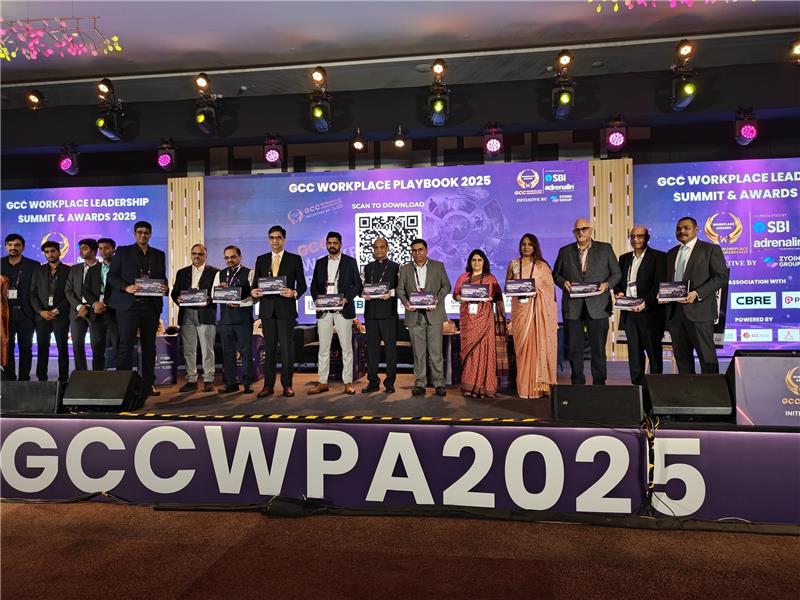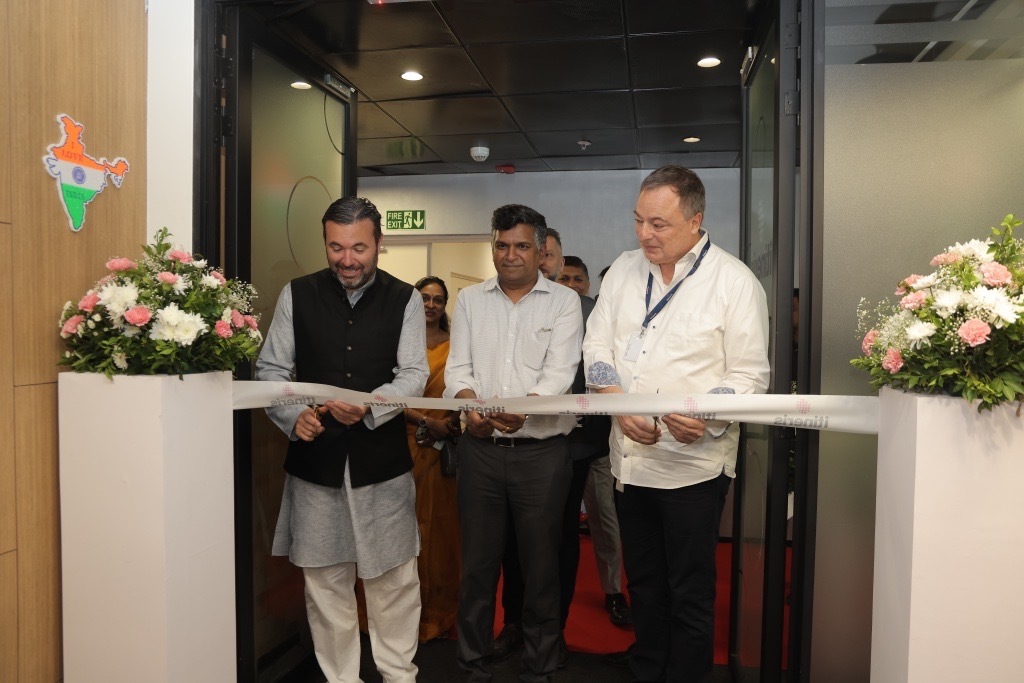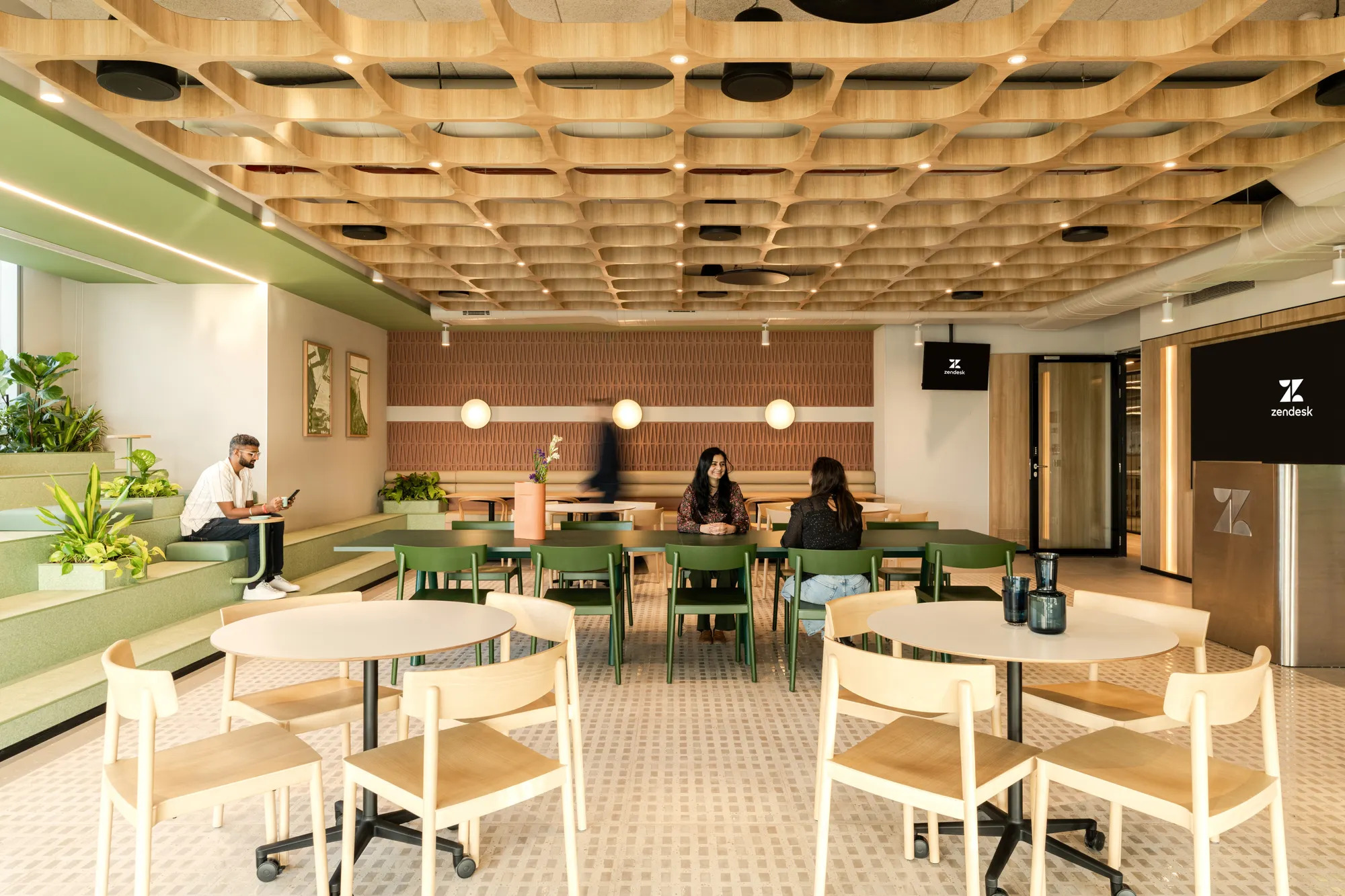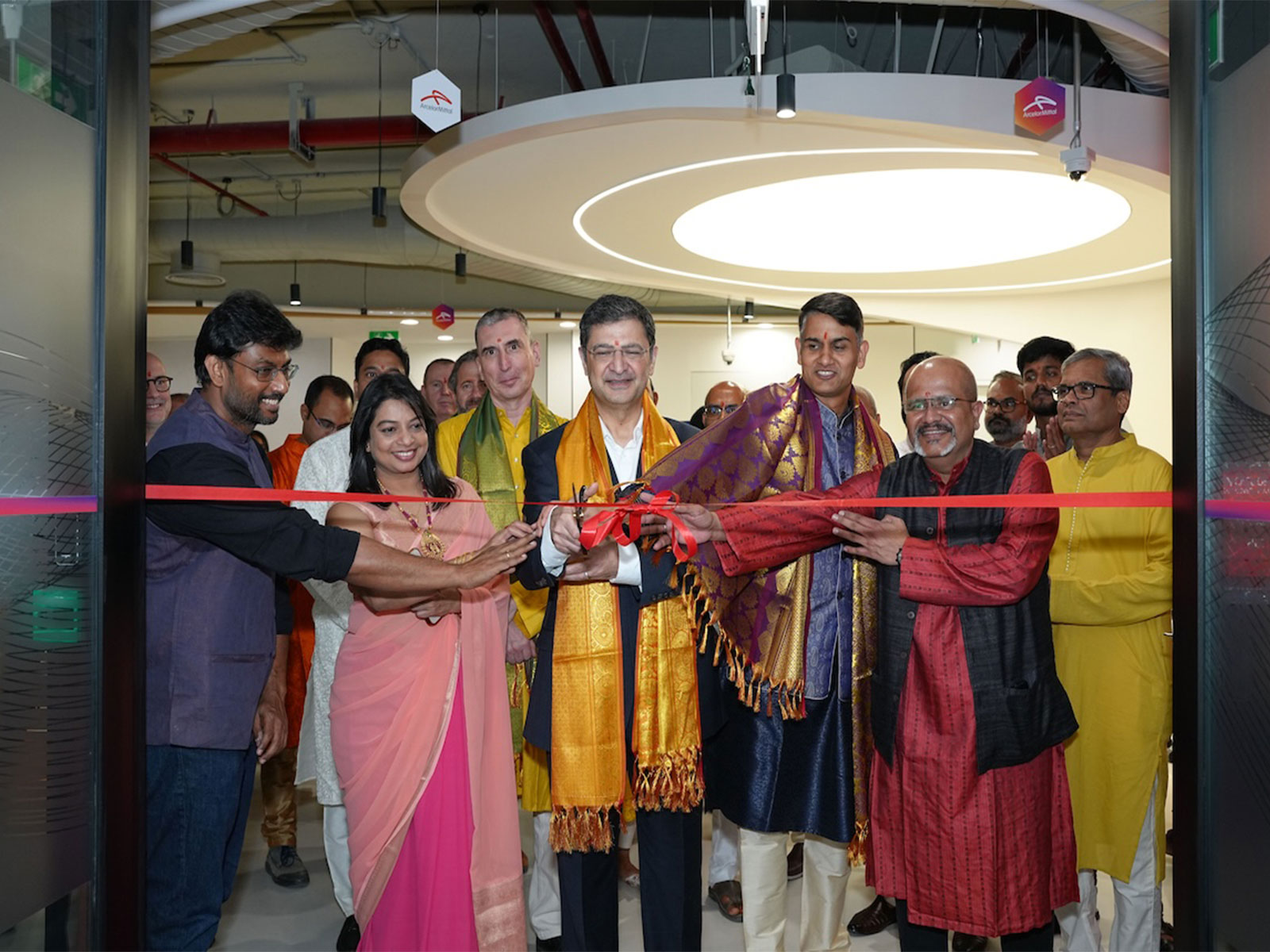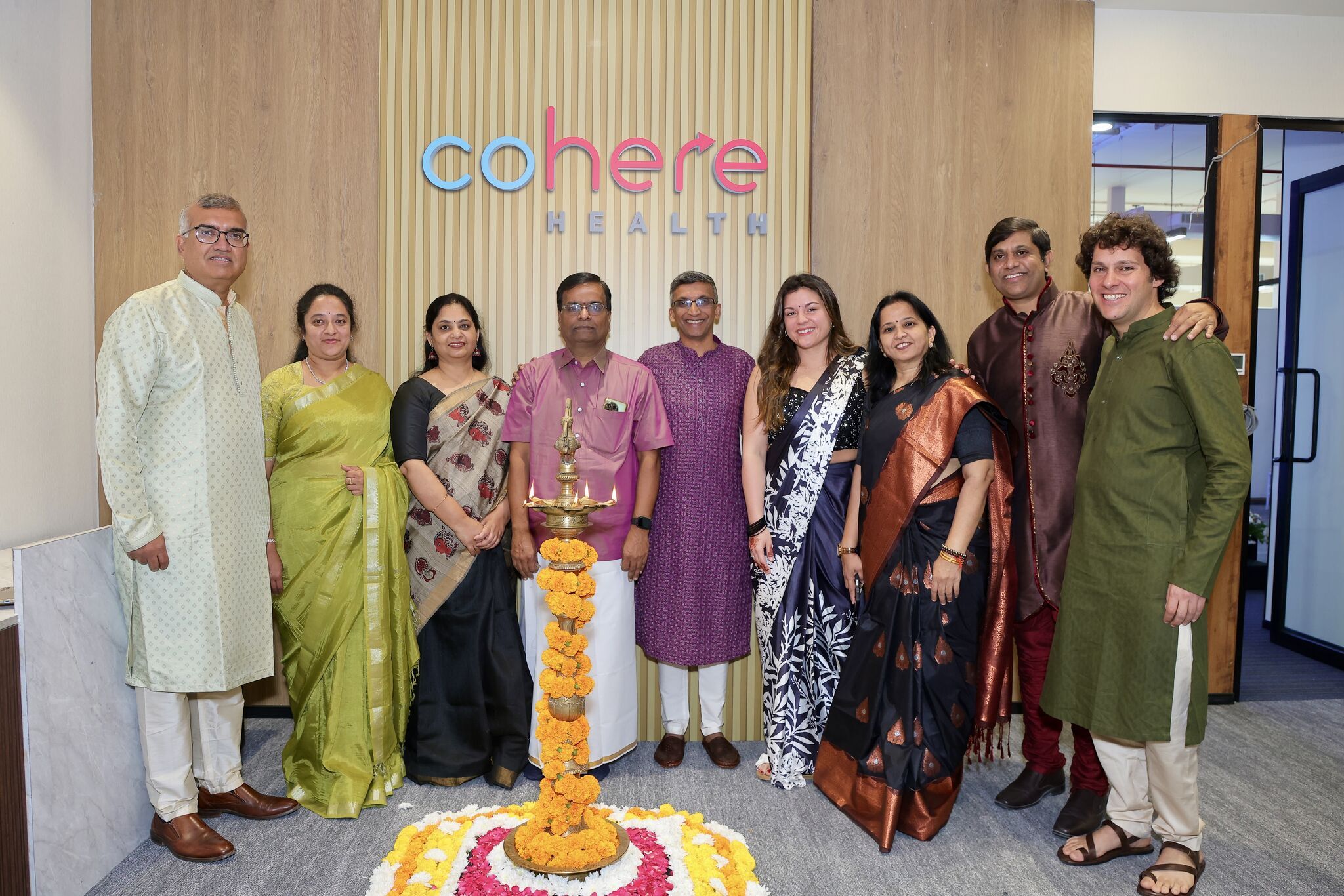India’s Global Capability Centre (GCC) sector is entering an era of unprecedented innovation and leadership. The GCC Workplace Awards 2025 by the Zyoin Group, held on July 11 at Hilton Manyata, Bengaluru, served as the launchpad for GCC 5.0 — a new chapter for India’s thriving GCC landscape.
This year’s event was the biggest yet, drawing over 700 nominations, 300+ participating GCCs, and 100+ speakers. It underscored the sector’s evolving role as an enabler of the Viksit Bharat mission, helping India transition from a service destination to a global innovation powerhouse.
India’s GCC Growth Story
According to NASSCOM, India is home to 1,700+ GCCs employing over 1.9 million professionals. These centers are at the forefront of building India’s knowledge economy, generating high-value employment, and developing globally benchmarked capabilities across sectors.
GCCs are investing heavily in advanced technology infrastructure, digital skilling, women leadership, and ESG compliance. This shift is building a future-ready workforce and creating resilient business ecosystems, directly contributing to India’s goal of becoming a $5 trillion economy.
From AI-driven R&D to global back-office innovation, GCCs are expanding India’s global footprint while unlocking opportunities for Tier-2 and Tier-3 talent across the country.
What Makes GCC 5.0 Different?
GCC 5.0 isn’t just a label — it represents a fundamental shift in how GCCs operate:
- Moving from cost centers to innovation-led, strategic units
- Stronger government enablement and policy support
- Deeper collaboration with academia and industry experts
- Greater emphasis on employee experience, sustainability, and leadership development
This evolution aligns closely with the Viksit Bharat Vision, where innovation, inclusivity, and global integration work together to drive India’s next growth wave.
Government and Industry Collaboration
Adding weight to the event were senior government leaders:
- IT Secretaries from Gujarat, Madhya Pradesh, Karnataka, and Andhra Pradesh
- Bhaskar Katamneni, IAS, Secretary to Government
- Representatives from KDEM, KSDA, and MON
Their participation underscored state-level commitment to enabling India’s digital economy and workplace transformation.
Focus on Diversity and Women Leadership
A major theme at GCC 5.0 was diversity and women leadership.
As GCCs evolve into value creators, they are increasingly focused on building inclusive hiring, retention, and leadership pathways for women and underrepresented groups. Multiple award categories and summit sessions celebrated these achievements.
Launch of the GCC Workplace Playbook
The event also marked the official launch of the GCC Workplace Playbook, a collaborative guide co-created with seven strategic partners: Karnataka Digital Economy Mission (KDEM), NHRD Bangalore Chapter, Adrenalin, CBRE, BDO, IIM Bangalore, and Zyoin Group. This playbook serves as a comprehensive blueprint for sustainable GCC scaling, covering everything from workspace design and digital skilling to compliance, people experience, and real estate strategy.
Industry Voices on GCC 5.0
Anuj Agrawal, Founder & CEO of Workplace Awards, said:
“Talent is at the heart of every workplace. We’ve evolved with a deep focus on GCCs because this is where complexity and opportunity lie. Our platform is about sharing stories, spotlighting best practices, and building meaningful connections.”
Ram Chandnani, Managing Director, Leasing, CBRE India, added:
“Today’s GCCs are innovation-led, talent-first, and deeply integrated with global strategies. GCC 5.0 represents a new operating model where real estate is a strategic differentiator designed around productivity, wellness, and brand culture.”
Conclusion
The GCC Workplace Awards 2025 and the GCC 5.0 launch aren’t just milestones—they’re a call to action. As India continues to host one of the world’s most dynamic GCC communities, this new era will be defined by creativity, collaboration, and care.
With people, policy, and partnerships converging to shape the future of work, GCC 5.0 marks the dawn of a bold new phase for India’s role in the global knowledge economy.
Read more full news: Here
